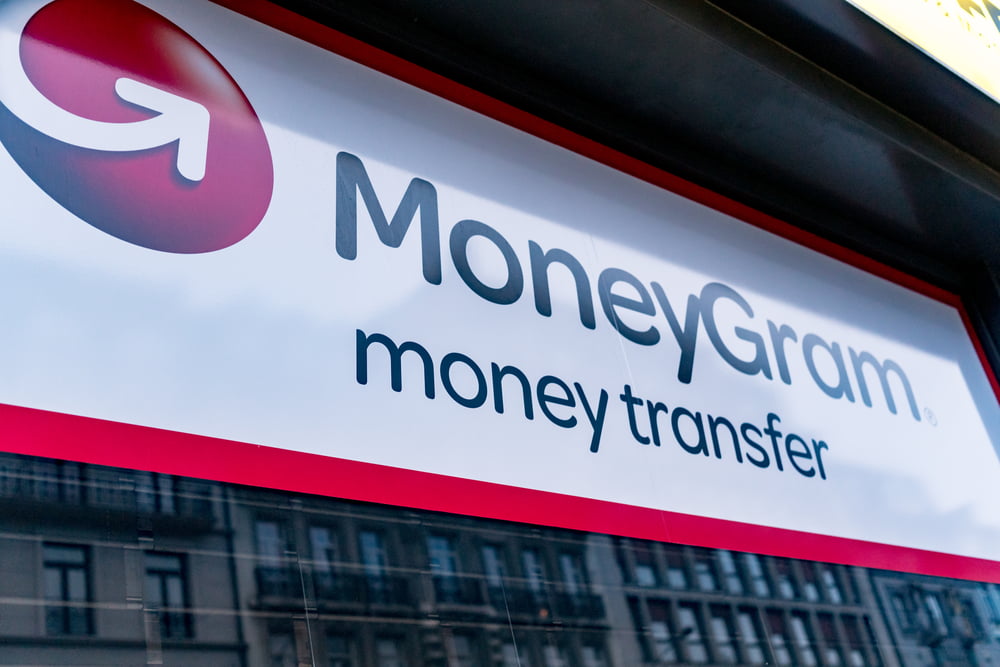There have always been questions as to which companies or service providers would use XRP in the future. In fact, there have been very few verifiable answers to this question. It turns out MoneyGram has some big plans for this digital asset, as it sees value in what Ripple has to offer. Having such a global remittance partner on board will certainly introduce some big changes for Ripple and its asset.
MoneyGram Prepares to Embrace XRP
Not too long ago, Ripple hinted that it was in talks with some major financial service providers. At the time, it was unclear which companies would be willing to partner with XRP. Western Union seemed to be an obvious candidate, although it is unclear if it will do so in the near future.
One company which has since confirmed the use of XRP in its future operations is none other than MoneyGram. As most people are well aware, MoneyGram is a global enterprise focusing on remittance solutions at somewhat affordable rates. Although it may not necessarily rival Western Union right now, MoneyGram has certainly built a strong presence in virtually every country around the world. It is a convenient service, and having them experiment with Ripple’s XRP will be pretty interesting to keep an eye on.
According to a recent Ripple post, MoneyGram will use XRP in its payment flows moving forward. Given MoneyGram’s presence in the remittance industry today, this is a big step forward for Ripple and its native digital asset. By embracing this new currency, MoneyGram will solve the liquidity issue most financial institutions face right now. Additionally, saving time and money is always beneficial to any company active in the financial sector.
Moreover, MoneyGram will access and use XRP through the xRapid project. Some people who kept a close eye on Ripple may know what xRapid is all about, as it is the company’s native on-demand liquidity product. xRapid revolves around real-time foreign exchange settlement through XRP, which is of interest to companies such as MoneyGram for obvious reasons. Financial institutions and service providers will unlock better liquidity and access multiple corridors through one originating account.
The use of XRP should be beneficial to MoneyGram users all over the world by reducing the costs associated with sending money abroad. Whether or not it will speed up transfers even further remains to be seen, but it’s certainly possible. Clearly, Ripple is making a lot of waves in the financial sector. It’s good to see remittance companies pay attention to this technology as well, as it is not a bank-oriented project by default.
How all of this will affect the cross-border payments industry in the future remains to be determined. It is evident there is plenty of room for improvement, and XRP may play a big part in that. Other than the banking sector, all other financial service providers struggle with liquidity, delays, and high fees. Addressing all of these problems will have to happen from within at some point. Only time will tell whether or not Ripple is the best solution in this regard.

